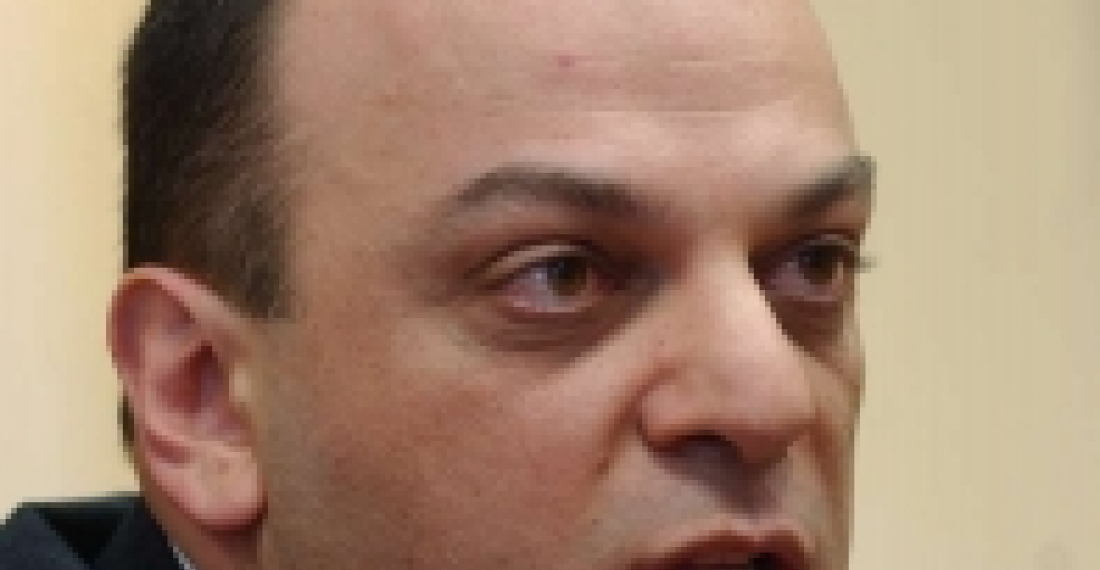Implementation of the EU-funded programmes in Nagorno-Karabakh is the first step on the hard road of recognition of the NKR's independence by the EU, ex-foreign minister of the NKR Arman Melikyan said at a press conference in Yerevan.
"In general, I positively assess the EU's efforts on cooperation with Karabakh, and sooner or later this cooperation will rise to the official level. European structures will cooperate with the President, Government and Parliament of Artsakh at the official level", Melikyan said.
He also stressed that all the alternative approaches of the international structures to the NKR problem are doomed to failure. He thinks it is necessary to take into account the reality, and the reality is that now the NKR is an independent state having a power elected by the people.
To recall, Oct 26 the European Union announced the launch of a second phase civil society programme, aimed at supporting the peace-building efforts concerning the conflict over Nagorno-Karabakh. The European Partnership for the Peaceful Settlement of the Conflict over Nagorno-Karabakh (EPNK) is a consortium of five European NGOs, which seeks to work with local partners in the South Caucasus on a wide range of peace-building projects to improve framework conditions conducive to positively impacting the Nagorno-Karabakh conflict settlement process. The EU-funded programme promotes a dynamic dialogue between a broad range of policymakers, media and civil society from all sides of the conflict. It also supports a wider participation of conflict-affected people in the peace process, including women, youth, internally displaced persons and refugees. The activities are arranged around three main themes: media, public policy and conflict-affected groups.
The EPNK programme will last three years and is a continuation of a programme launched in 2009 under the Instrument for Stability. The European Union's Instrument for Stability is a special financial instrument created to support the peaceful settlement of conflicts, de-escalation of tensions and post-conflict rehabilitation world-wide.
Ex-foreign minister of Karabakh: Implementation of EU-funded programmes in Nagorno-Karabakh is the first step towards recognition of the NKR by the EU
Ex-foreign minister of Karabakh: Implementation of EU-funded programmes in Nagorno-Karabakh is the first step towards recognition of the NKR by the EU







